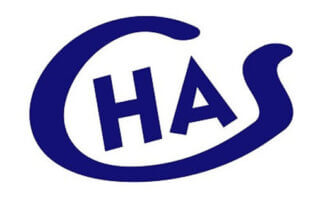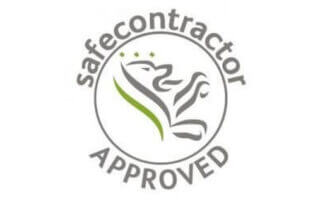
Fly tipping, the illegal disposal of waste, has become a growing issue across Britain. This blight not only spoils the natural beauty of our countryside and urban areas but also poses serious environmental and public health risks. With fly tipping incidents on the rise, it’s crucial to understand the problem, its impact, and how we can work together to tackle it effectively.
What Is Fly Tipping?
Fly tipping refers to the unauthorised dumping of waste on land that is not licensed to receive it. This can range from a few bin bags left in a quiet corner to large quantities of household, industrial, or construction waste dumped in fields, lay-bys, or even outside people’s homes.
Despite efforts to curb this practice, fly tipping remains a persistent issue, with local councils across the UK reporting thousands of cases each year. From rural locations to urban streets, no area is immune to the impact of this selfish act.
Why Is Fly Tipping Such a Big Problem?
Fly tipping has far-reaching consequences that extend beyond the visible mess. It causes significant damage to the environment, disrupts wildlife habitats, and pollutes the air, soil, and water. Furthermore, it often creates an unsafe environment for local communities, with sharp objects, hazardous materials, and even harmful chemicals sometimes included in the dumped waste.
For businesses and landowners, fly tipping can lead to considerable costs, as they are often responsible for cleaning up dumped waste. The financial burden on local authorities is also immense, with millions spent annually on clearing illegally dumped rubbish.
Key Reasons Behind Fly Tipping
Understanding why fly tipping occurs can help us address the issue more effectively. Some common reasons include:
- Avoiding Disposal Costs: Some individuals and businesses illegally dump waste to avoid paying disposal fees at recycling centres or waste facilities.
- Lack of Awareness: A lack of knowledge about proper waste disposal methods can lead to irresponsible dumping.
- Limited Access to Facilities: Inconvenient locations or restricted hours at waste disposal sites can push people to seek alternatives.
- Rogue Waste Collectors: Unlicensed waste removal services often contribute to the problem by dumping collected waste illegally.
How Can We Combat Fly Tipping?
Addressing the issue of fly tipping requires a collective effort from individuals, businesses, and authorities. Here are some steps we can take to tackle the problem:
Report Fly Tipping
If you witness or come across fly tipping, report it to your local council immediately. Quick action can help authorities investigate and prevent further incidents in the area.
Use Licensed Waste Disposal Services
When hiring a rubbish removal service, ensure they are fully licensed and reputable. Unlicensed operators often contribute to fly tipping, so always ask for proof of registration with the Environment Agency.
Dispose of Waste Responsibly
Take the time to familiarise yourself with your council’s waste disposal guidelines. Whether you’re a homeowner, a tenant, or a business owner, it’s essential to follow the rules for disposing of waste legally and ethically.
Educate Others
Raising awareness about the harmful effects of fly tipping and the importance of proper waste management can encourage others to act responsibly. Share information with your family, friends, and neighbours to help reduce the problem in your community.
Need Help with Waste Disposal? We’re Here to Help!
If you’re looking for a hassle-free, legal, and environmentally friendly way to dispose of your waste, we can help. At Cheap Skip Hire Prices, we provide reliable and affordable waste disposal services tailored to your needs. From skip hire to man-and-van rubbish clearance, we have the expertise to handle all types of waste responsibly.
Don’t let waste pile up or fall into the hands of rogue operators. Call us today on 01442 229 029 or book online via our website to ensure your waste is managed safely and legally.
Let’s work together to keep Britain clean and free from fly tipping.










